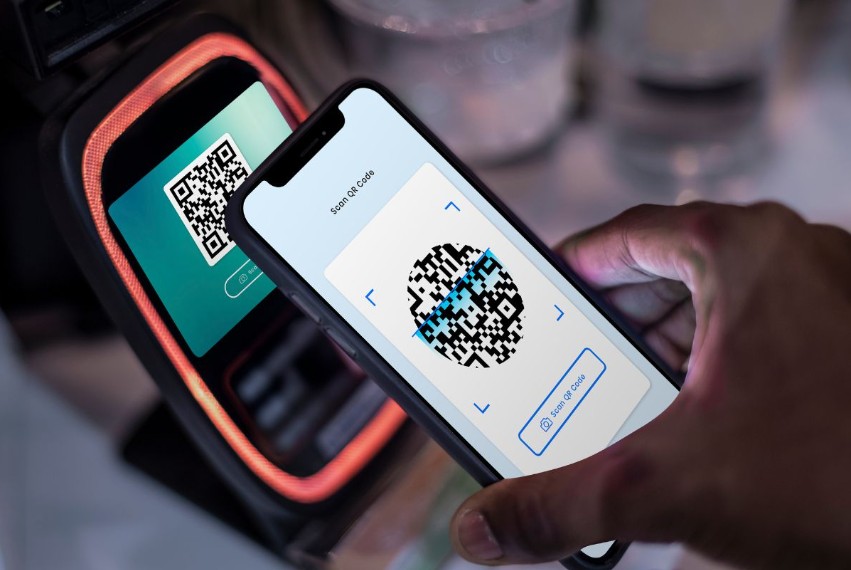Stop Reinventing the Wheel: How White Label Payment Gateways Accelerate Your Fintech Launch (and Save You Millions)
Every fintech startup faces the same critical decision: build your payment infrastructure from scratch or leverage a proven white label solution. With custom payment gateway development costs ranging from £160,000 to £250,000 for just a minimum viable product, the financial implications alone make this choice pivotal to your startup’s survival and success.
The build-versus-buy dilemma extends far beyond initial development costs. When you factor in ongoing PCI DSS compliance expenses, infrastructure maintenance, and the opportunity cost of delayed market entry, the total cost of ownership for a custom-built solution can easily exceed £1 million in the first year alone. This doesn’t account for the 12-18 months typically required to develop and certify a payment gateway from scratch.
Modern white label solutions like ecomcharge.com have made the deployment timeline more optimistic, as these payment processing platforms can become operational within one week through their SaaS model. This rapid deployment capability includes pre-built features such as customisable payment widgets, administrative panels, API access, and e-commerce plugins — all components that would typically require months of development and testing.
The Hidden Costs of Building In-House
Beyond the obvious development expenses, building a payment gateway internally carries substantial hidden costs that many startups underestimate. The most significant of these is achieving and maintaining PCI DSS compliance. The complexity of payment processing extends well beyond simple transaction handling. Your team must navigate intricate relationships with acquiring banks, card networks, and multiple payment processors while simultaneously ensuring robust security measures, fraud detection capabilities, and comprehensive reporting systems.
Development Resource Allocation Comparison
| Component | In-House Development | White Label Solution |
| Core payment processing | 6-8 months | Pre-built |
| PCI DSS compliance | 3-4 months + ongoing audits | Included |
| Multi-currency support | 2-3 months | Immediate |
| Fraud detection systems | 4-6 months | Pre-configured |
| Reporting and analytics | 2-3 months | Available from day one |
| API documentation | 1-2 months | Comprehensive documentation provided |
These timeframes assume you have access to experienced fintech developers, which are increasingly difficult and expensive to recruit today.
Speed to Market: The Ultimate Competitive Advantage

With white label solutions, businesses do not need to spend 12-18 months building basic payment functionality. Instead, the team can focus on developing the unique value propositions that differentiate your business. This could mean creating innovative user experiences, developing risk algorithms, or building industry-specific features that address unmet market needs.
The scalability factor also becomes crucial as your startup grows. White label solutions are designed to handle increasing transaction volumes without significant infrastructure investments or technical overhauls. This scalability extends beyond mere transaction processing to include support for new payment methods, currencies, and geographic markets — capabilities that would require substantial additional development time and cost if built internally.
Focus on Core Innovation Rather Than Infrastructure
The most successful fintech startups understand that payment processing is essential, but it is rarely their core differentiator. By leveraging white label payment solutions, your development team can dedicate their expertise to creating features that directly impact your value proposition. This focus on innovation rather than infrastructure often means the difference between a product that merely functions and one that truly resonates with your target market.
Risk Mitigation and Compliance Management
The average cost of a data breach in the financial sector reached £5.9 million in 2024, making security and compliance not just regulatory requirements but existential business concerns. Established white label providers have already invested millions in achieving and maintaining comprehensive compliance frameworks. This includes not only PCI DSS compliance but also adherence to regional regulations such as GDPR, PSD2, and emerging cryptocurrency regulations.
Operational Excellence from Day One
White label payment providers bring years of operational experience and best practices that would take startups considerable time and expensive mistakes to develop independently. This includes sophisticated fraud detection algorithms, optimised payment routing logic, and comprehensive monitoring systems that ensure high availability and performance.
Takeaway on the Strategic Advantage of Partnership
Choosing a white label payment gateway is a strategic choice about how to allocate limited startup resources for maximum impact. The most successful fintech startups view white label payment providers as strategic partners rather than mere vendors. This partnership approach enables rapid market entry, reduces technical and compliance risks, and allows founding teams to focus on creating genuine value for their customers.







